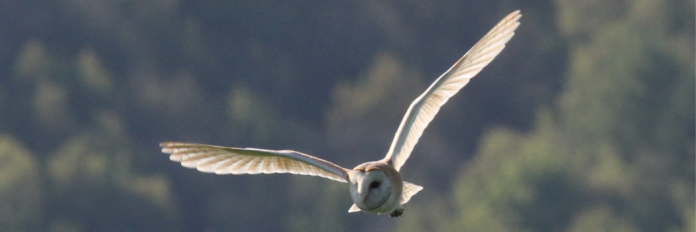European birds have shifted towards northeast Europe in the last 30 years in search of cooler temperatures but natural obstacles are causing problems.
This is what a new study, involving researchers from Durham UNiversities Department of Biosciences, has found.
Climate change has meant bird communities have had to move but the research shows they are not always able to move fast enough to keep up with increasing temperatures because of barriers such as coastlines and mountain ranges.
Coastlines form barriers to movement as they limit the directions to which species can spread, and the adjacent open water can inhibit some species from crossing to more suitable habitat beyond. Mountains, by contrast, can often form climatic barriers, whereby species cannot move through the cold uplands to reach warmer lowlands beyond.
The team found that coastal bird communities are in particular danger of disappearing under climate change as they often consist of rare and unique species. The barriers can block certain species, which can lead to changes in the composition of communities.
The study looked at nearly all European breeding bird species and the effects of large-scale obstacles on the climate change-driven shifts of bird communities during the last 30 years.
It showed that climate change has profound effects on ecosystems and compositions of species communities globally. Two thirds of the bird communities moved to cooler areas during the last 30 years, shifting on average 100 kilometers, especially towards north and east.
However, the bird communities are shifting slower than the climate is warming.
For some communities, the local climatic conditions become unsuitable for some species, which are unable to move to better suited areas because of obstacles blocking their way. Such communities may be at risk of future extinction.
The study shows that even highly mobile species like birds can be challenged with barriers such as mountains or coastlines and thus be prevented from following rapid shifts in temperature.







